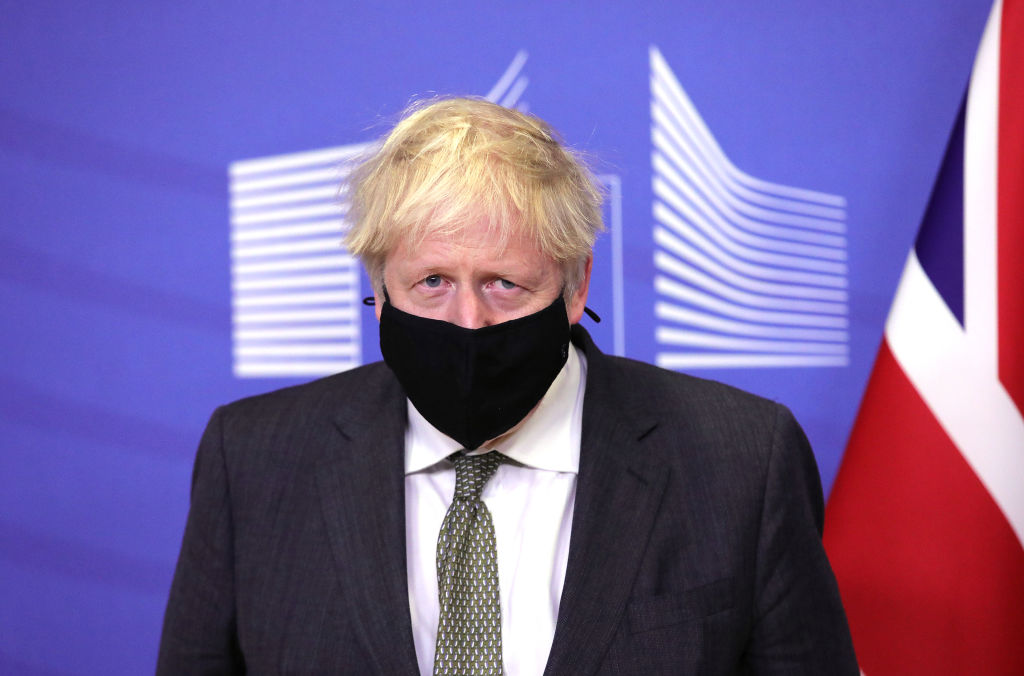The failure to achieve a breakthrough at the Boris Johnson/ Ursula von der Leyen dinner last night has left no deal looking more likely. But those who think there’ll be a deal in the end often point to the fact that things looked even bleaker last autumn, yet a deal was done in the end. There are, though (as I say in the magazine this week) two reasons why now is not like last October.
The first is that back then only Ireland was directly affected by the issues under discussion. This meant that if the Irish were happy, the rest of the EU would be too. Now, most of the EU’s 27 member states have interests at stake. Von der Leyen is acutely aware that she is speaking on behalf of 27 countries given France’s public threat to veto any deal it doesn’t like. This means that it is far harder to resolve things.
The second is the parliamentary situation. In October 2019, Boris Johnson led a minority government. There was an anti-no-deal majority in the House of Commons and so his options were limited. This time, he has an 80-seat majority and Tory MPs are solidly behind his negotiating strategy. This doesn’t mean that he doesn’t want a deal but rather that – in parliamentary terms – he doesn’t have to get a deal in the way he did last year.







Comments